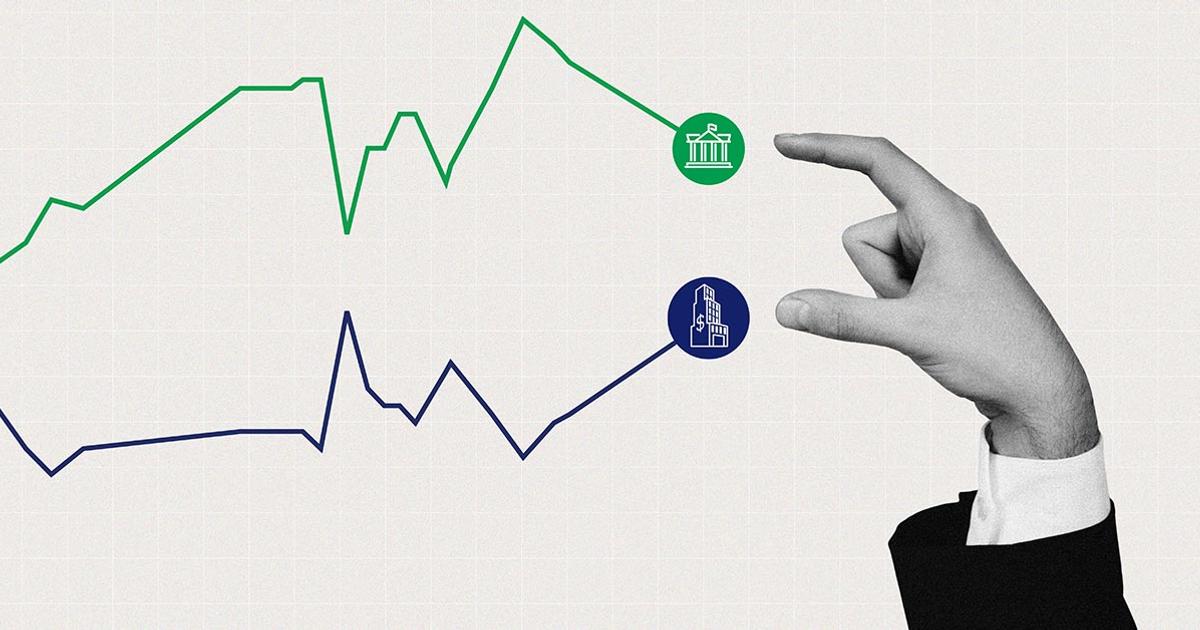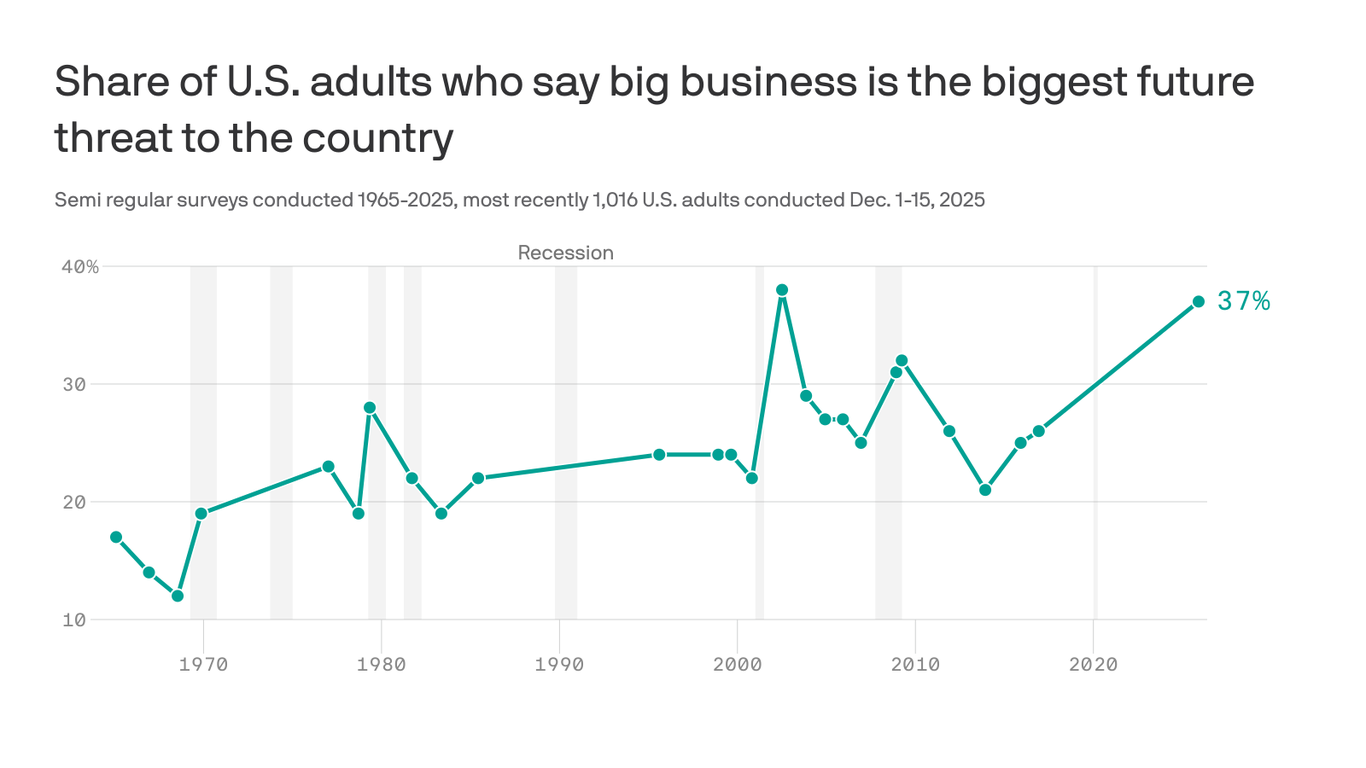While most recognize that business decisions are rarely simple, few appreciate just how complex the process can be.
A startup founder weighing whether to pivot their business model, or an executive considering a new product line, must balance data, timing, and risk. Relying too heavily on gut instinct risks overlooking important factors, while overanalyzing can mean missing a window of opportunity.
What helps leaders navigate these choices is not luck or intuition—it’s strong analytical skills: the ability to break a complex problem into parts, examine the data, and reassemble the insights into a clear path forward.
This is the essence of analytical thinking, says Professor Andrew Zacharakis, the John H. Muller Jr. Professor of Entrepreneurial Studies at Babson College. “Analytical thinking is about breaking a problem into parts, examining them, and then putting the pieces back together to see the big picture,” he explains. “It’s both quantitative and qualitative—you need the data, but you also need the judgment to interpret it.”
Zacharakis, who teaches multiple courses in Babson’s Professional and Executive Education, including Opportunity Evaluation and Venture Success: Business Models, Finance, and Culture, explains why analytical thinking is important in any business or organization.
Analytical thinking combines measurable inputs with context and experience—it’s not just about reducing decisions to spreadsheets alone. At its simplest, analytical thinking is the ability to assess information systematically, identify patterns, and make sound decisions.
“People sometimes think of analysis as purely quantitative,” Zacharakis says. “But true analytical thinking blends numbers with judgment. It’s about asking the right questions, weighing alternatives, and recognizing that context matters as much as the data itself.”
In practice, examples of analytical skills span every part of business decision-making. A finance professional might weigh risk and return before making an investment. An entrepreneur could balance customer feedback with market data while testing a new business model. A manager may use data to identify trends but lean on interpersonal skills to navigate team dynamics.
Together, these examples illustrate what strong analytical skills look like in practice: the ability to move beyond surface-level information and see both the details and the bigger picture.
Why Analytical Thinking Matters in Business
Analytical thinking is a cornerstone of effective leadership, because it touches every dimension of decision-making. Leaders use it to weigh trade-offs, anticipate risks, and uncover opportunities that may not be obvious.
According to Zacharakis, that’s what separates good decision-makers from great ones. “The best leaders don’t just crunch the numbers—they interpret them,” he explains. “They know when the data is strong, when it’s incomplete, and how to bring in qualitative insights like customer sentiment or industry trends to fill the gaps.”
In this way, analytical thinking supports both data-driven decision-making and the human side of business—making it one of the most in-demand examples of analytical skills in modern leadership.
How to Develop Analytical Skills
For professionals wondering how to improve analytical skills, the path is less about memorizing formulas and more about cultivating curiosity, evidence-based thinking, and a willingness to learn from experience.
“You can’t just study analytical thinking; you have to practice it,” Zacharakis says.
“Analytical thinking is a cornerstone skill for entrepreneurs, executives, and anyone who wants to make better decisions. It helps you see opportunities that others might miss.”
Andrew Zacharakis, John H. Muller Jr. Professor of Entrepreneurial Studies at Babson
Like any skill, analytical thinking can be learned and strengthened over time. Case studies and simulations help but applying these skills in real scenarios—whether in the classroom, on the job, or through experiential learning—sharpens judgment and makes analytical thinking second nature.
Exposure to diverse perspectives is equally valuable. Collaboration with colleagues who bring different experiences and assumptions broadens understanding and challenges blind spots. And experimentation—testing ideas, measuring results, and refining approaches—fosters the adaptability needed to make better decisions in fast-changing environments.
The Future of Work
As workplaces become increasingly data-driven, leaders who excel at analytical thinking will stand out. These skills don’t just drive better decisions; they reduce risk, encourage innovation, and give organizations a competitive edge in uncertain times.
“Analytical thinking is a cornerstone skill for entrepreneurs, executives, and anyone who wants to make better decisions,” Zacharakis says. “It helps you see opportunities that others might miss.”
In other words, learning how to develop analytical skills is not just a personal goal—it’s a strategic advantage for leaders who want to strengthen their decision-making toolkit and demonstrate strong analytical skills in a complex economy.
LEARN MORE about Babson’s Professional and Executive Education portfolio, including live-online, Babson On-Demand™, and blended courses for individuals; leadership development programs for organizations; opportunities for advanced students and educators at Babson Academy; and government leadership programs.
Posted in Insights
More from Insights »









